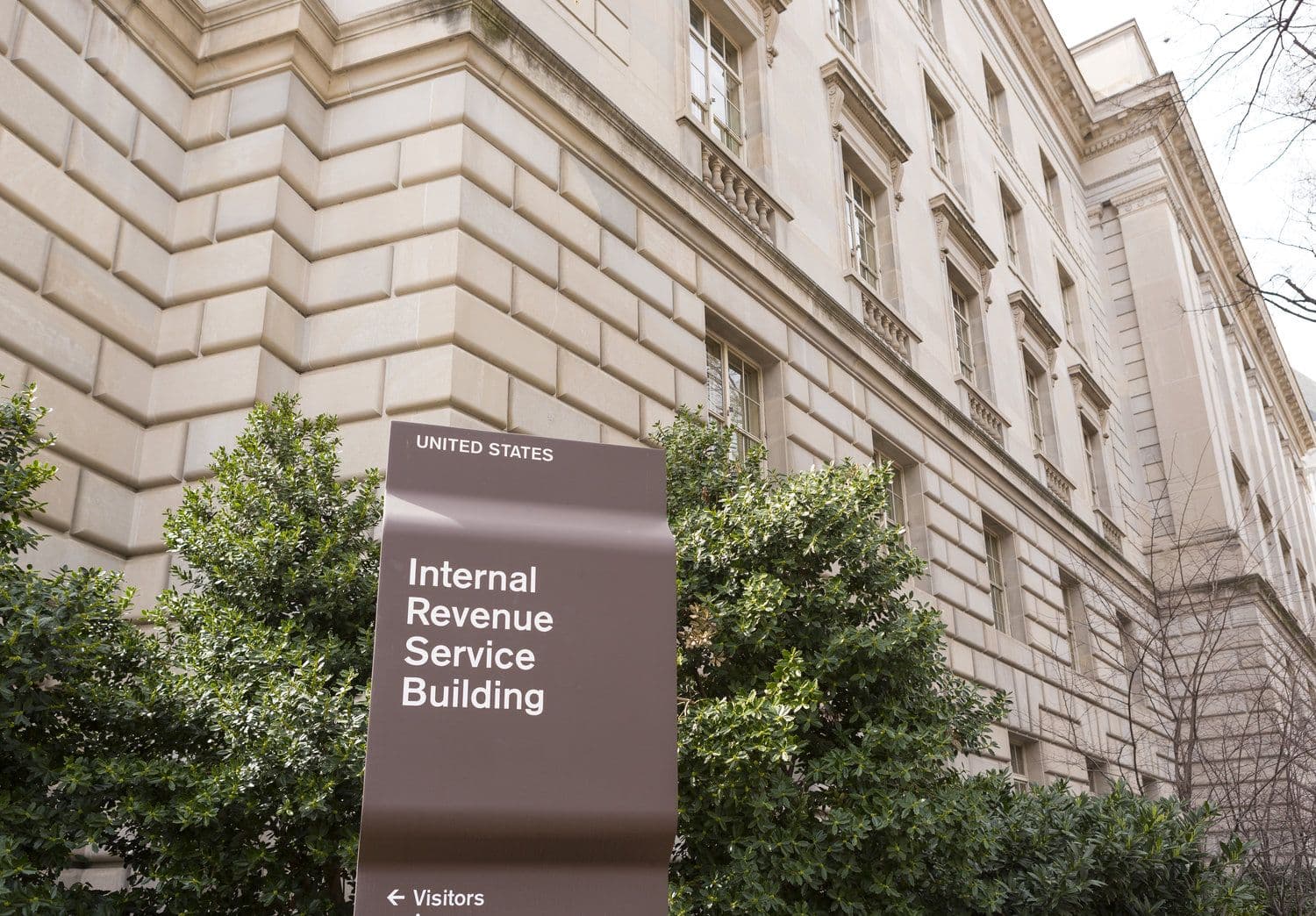President Donald Trump eliminated a controversial IRS rule Thursday that would have required decentralized finance platforms to track and report user transactions, delivering a significant victory to cryptocurrency advocates who had lobbied against the regulation since its introduction during the Biden administration.
What to Know:
- The nullified IRS rule would have classified DeFi platforms as brokers, requiring extensive transaction reporting
- This marks the first pro-cryptocurrency legislation to successfully pass through Congress
- Strong bipartisan support for repealing the rule signals growing political influence of the crypto industry
The Congressional Review Act, a rarely used legislative tool that allows Congress to overturn recently finalized federal regulations, was employed to strike down the tax provision. Representative Mike Carey (R-Ohio), who championed the repeal effort, confirmed that the legislation not only eliminates the existing rule but also prevents the IRS from implementing similar regulations in the future.
"This resolution puts the concerns for DeFi in the rearview," Carey stated following the presidential signing ceremony.
The now-voided regulation, approved during the final days of former President Joe Biden's administration, would have imposed broker-like reporting requirements on decentralized financial platforms.
Such requirements would have fundamentally altered how these platforms operate, potentially undermining the decentralized nature that defines the sector.
Though narrowly focused on a specific segment of the cryptocurrency market, the legislation's passage represents a watershed moment for crypto policy in Washington. It stands as the first successful pro-cryptocurrency initiative to navigate the complete legislative process.
Growing Crypto Influence in Washington
The resolution received substantial bipartisan support in both chambers of Congress, demonstrating the cryptocurrency industry's increasing political clout. Many lawmakers who previously showed little interest in digital assets have begun expressing support for regulatory clarity as the technology becomes more mainstream.
In the House of Representatives, members from both parties crossed traditional ideological lines to support the measure. Similar cooperation occurred in the Senate, where the resolution cleared with votes to spare.
This bipartisan momentum could signal favorable conditions for broader cryptocurrency legislation currently under consideration. Industry observers view this initial success as potentially indicative of how Congress might approach upcoming bills related to stablecoins and broader market regulations.
The cryptocurrency sector has significantly expanded its lobbying presence in Washington over the past three years. Major firms and industry associations have hired veteran political operatives and contributed substantial amounts to campaigns across the political spectrum.
"The strong showing on both sides of the aisle underlines the crypto sector's strength in this Congress," noted a senior industry representative present at the signing. "This could bode well for the industry's chances with other more wide-ranging matters."
Future Crypto Legislation on Horizon
With the DeFi tax issue resolved, congressional attention is expected to shift toward stablecoin legislation as the next priority for cryptocurrency regulation. Similar bills have already advanced through relevant committees in both legislative chambers and await floor votes.
If approved, these bills would initiate a process to reconcile the House and Senate versions into a comprehensive compromise package. The resulting legislation would establish a regulatory framework for stablecoin issuers, addressing concerns about consumer protection and financial stability.
President Trump has publicly called for a final bill to reach his desk by August. According to lawmakers spearheading these efforts, this timeline remains feasible despite the compressed legislative calendar of an election year.
The stablecoin legislation represents just one component of a broader effort to create a coherent regulatory framework for digital assets. Additional measures under consideration would set market rules for cryptocurrency transactions and clarify the jurisdictional boundaries between various regulatory agencies.
Closing Thoughts
President Trump's nullification of the IRS crypto rule represents a significant policy victory for the cryptocurrency industry and particularly the DeFi sector. With strong bipartisan support behind this initial legislative success, prospects appear increasingly favorable for more comprehensive cryptocurrency regulation in the coming months.



